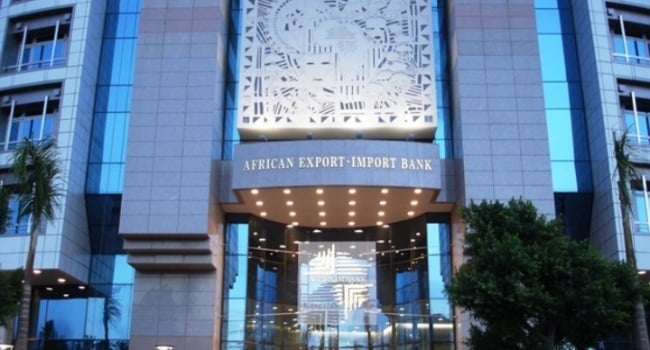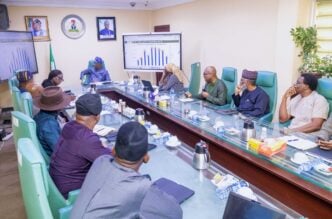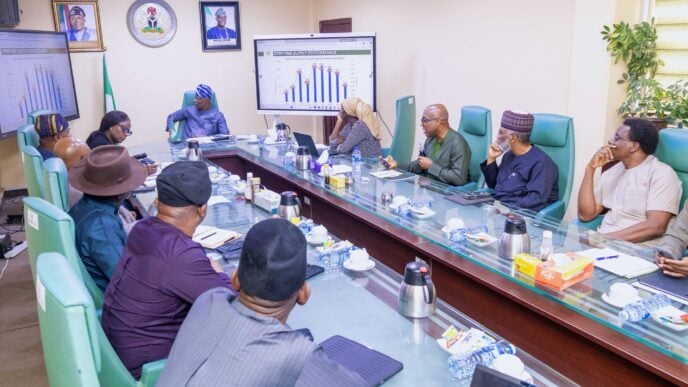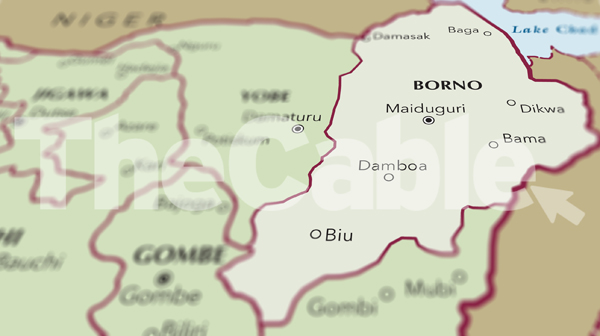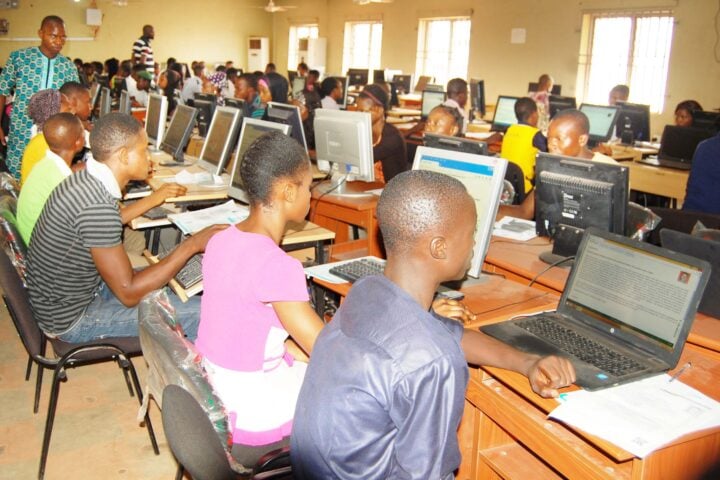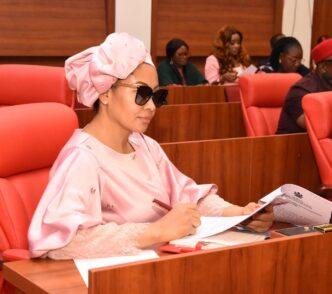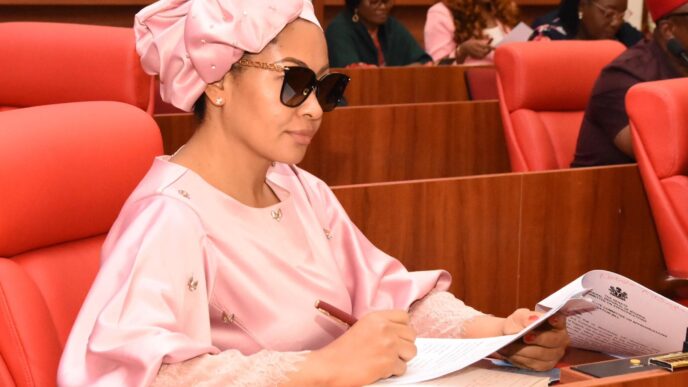The African Export-Import Bank (Afreximbank) says the suspension of support from the United States Agency for International Development (USAID) has further worsened Nigeria’s fiscal challenges.
In its April 2025 market update report, Afreximbank said the development underscores the need for the country to explore alternative funding sources.
The report, which offered a detailed analysis of global and African macroeconomic trends, highlighted the emerging risks and opportunities shaping economic outcomes across the continent.
The trade bank asked African policymakers to adopt strategic responses to build resilience, attract investment, and maintain sustainable growth amid mounting global and domestic economic uncertainties.
Advertisement
“Many African nations face mounting fiscal pressures, with Nigeria’s 2025 budget featuring a fiscal deficit of 3.89% of GDP,” the report said.
“While this expansionary approach aims to stimulate economic activity through increased public spending, concerns over debt sustainability persist.
“The recent suspension of USAID assistance further compounds Nigeria’s fiscal challenges, necessitating alternative funding mechanisms such as domestic borrowing, multilateral support, and enhanced revenue mobilisation through taxation and economic diversification initiatives.”
Advertisement
‘RISKS REMAIN DESPITE MODERATE GLOBAL GROWTH OUTLOOK’
Afreximbank noted that while the global economic outlook for 2025 is marked by moderate growth and easing of inflation, significant risks remain.
The report listed geopolitical uncertainties, fluctuating commodity prices, and the US tariff policies as key challenges threatening global stability.
“Varying monetary policy approaches across major economies add another layer of complexity,” the bank added.
Advertisement
According to the bank, the US recorded its highest consumer price increase in 17 months, fuelling speculation of further interest rate hikes by the federal reserve.
The tighter financial conditions, Afreximbank noted, may lead to reduced global liquidity, increased borrowing costs, investment flows and capital outflows from emerging markets — including Africa.
‘NIGERIA’S CURRENCY APPRECIATED DUE TO STRATEGIC POLICY INTERVENTION’
The report also said global commodity markets remain unstable.
Advertisement
“Crude oil prices declined to $70 per barrel in February, influenced by expectations of ease sanctions on Russian oil exports. While this offers relief to oil-importing nations, it could adversely impact the revenues of major crude exporters in Africa,” Afreximbank said.
On exchange rate movements, the financial institution said African currencies have experienced a mixed performance.
Advertisement
The report said while Nigeria, Egypt, Morocco, and Angola have seen their currencies appreciate due to strategic policy interventions, broader depreciation trends persist across the continent.
These fluctuations, Afreximbank said, are largely influenced by the strength of the US dollar, global trade dynamics, and shifts in foreign investment patterns.
Advertisement
“Addressing currency volatility remains a priority for policymakers to ensure macroeconomic stability,” the report added.
‘ADDRESSING POOR GOVERNANCE WILL CREATE STABLE ECONOMY ENVIRONMENT’
Advertisement
The bank’s report said security concerns, including armed conflicts, terrorism, and electoral uncertainties, remain major threats to the continent’s economic stability.
“Persistent geopolitical and security risks continue to shape Africa’s economic outlook. Territorial disputes, armed conflicts, terrorism, and election cycles significantly impact investor confidence and economic policymaking,” the report said.
Afreximbank called for stronger governance, regional cooperation, and improvement in security measures to create a more stable economic environment.
